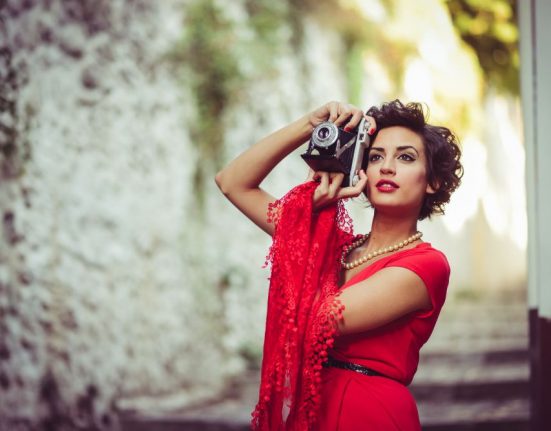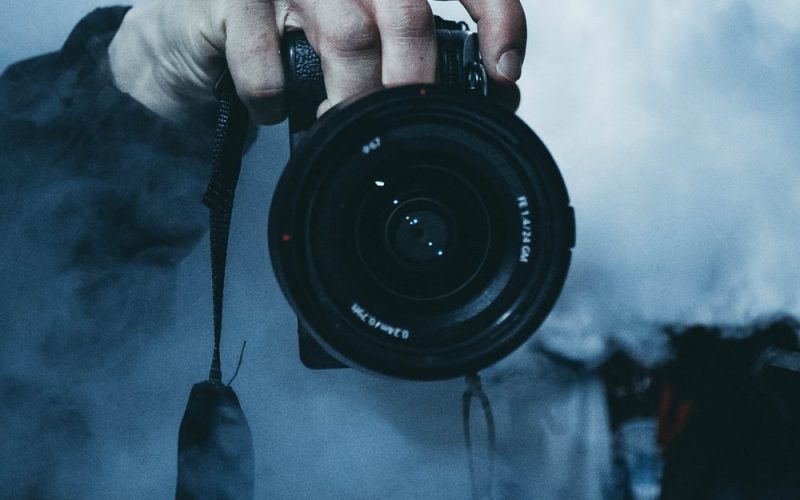Wedding photography has its challenges, but it can also be extremely rewarding. Many full-time wedding photographers spend most of their weekends shooting video while editing, writing blog posts, and responding to emails during the week. It can be hard starting a career as a wedding photographer, but it surely isn’t impossible and it’s well worth the effort.
With that being said, here are some tips on how to dive into the world of professional wedding photography.
Tip #1 Educate Yourself
Oftentimes, people suggest that beginning photographers should “just do it” and learn the skills and fundamentals of photography as they go. However, I strongly disagree with this advice. Don’t rush into it. Educating yourself is one of the most important things you can do in the early stages as a photographer. It’s important to learn how to execute product photography, shoot large crowds of people, and shoot intimate shots of couples before you start your career. If you don’t have experience in all of those things, you would be experimenting with one of the most important days of your client’s life. And obviously, that’s something you don’t want to be experimenting with.
Some excellent ways to garner some experience before shooting weddings are to practice, read tons of blog articles, attend workshops, and stay on top of ever-changing technology trends to make sure you’re correctly educating yourself.
Tip #2 Network with other photographers
Reach out to other like Atherton photographer for tips and professional advice. You’d be surprised how willing other photographers are to share some of their stories with you. And, if you make some valuable connections, some professionals may ask you to second-shoot (be their assistant) with them or send you a few referrals. These are fantastic opportunities for you to gain experience and build your portfolio.
Tip #3 Have backups for all of your equipment
It’s best to have backups of batteries, lenses, cards, camera bodies, speedlights, etc. Wedding days can be very unpredictable and you don’t want to be unprepared for whatever may happen. You’d be surprised how often something can go wrong. Whether your battery dies, your lens gets a scratch or you damage your camera, you’ll be prepared and able to continue shooting on your client’s special day.
Tip #4 Connect with recently engaged friends and acquaintances
It can be difficult to establish a strong network of clients when you’re just starting your career. You need to get that first wedding shoot somehow. After you have garnered valuable experience and practice, and feel confident in your abilities, spread the word. Reach out to old friends, distant family members, and anyone with who you share a connection. Fortunately, small connections can go a long way. It’s important to showcase your experience and mention that you’ve worked with other photographers to ensure that potential clients can trust you. Show them your portfolio and give them the chance to hire you.
Reach out to people who are recently engaged because most of the time, people want a cohesive style for their engagement, first look, and wedding shoots. So, if you can land the engagement shoot, there is a high chance you’ll get hired for the remainder of their wedding festivities. It’s best to reach out earlier rather than later.
Besides, it’s best to offer at least one full package that includes all of the client’s desired shoots. This makes their lives easier and can be a great way for you to secure multiple shoots.
Tip #5 Create a website to showcase your work
Having a professional-looking business website and knowledge of search engine optimization (how to increase your website’s traffic online) are essential. Use very specific wording, tags, titles, links, and more so your site comes up near the top of online searches.
It’s important to look through all of your work to find the best pictures and videos to present on the front page. People tend to spend limited time on websites that don’t interest them, so put your best work first. Also, ask friends and other photographers to help you present your work. Multiple opinions often lead to a better selection of high-quality videos and pictures.
Tip #6 Know your equipment
You may think you know all of your equipment very well, but when things start moving quickly on a wedding day and you have to adjust settings or tools, you might realize how unfamiliar you are with it. Professional wedding photographers need to know exactly which settings and tools to use after quickly looking at a scene to ensure they don’t mess up the lighting, depth of field, exposure, or anything else.
Picture yourself shooting in a dim-lit venue and, as the ceremony ends, the couple walks outside to a bright, sunny reception. In this situation, you need to know how to quickly adjust your camera for those two lighting situations as you focus on walking outside. This often takes time, practice, and patience. But soon, switching between settings and tools will become mindless.
A great way to practice for situations such as these is to give yourself time limit challenges. Set up a scene and give yourself a time limit for perfectly capturing it. Make sure to take wide, medium, and close shots so you can get solid, realistic practice.
Tip #7 Never give up
This may be the most important tip, and one of the hardest to grasp. No matter how slow your business currently is or how difficult your equipment is to use, never give up. The more time and effort you put into producing high-quality work, the more rewards you will receive down the road.




